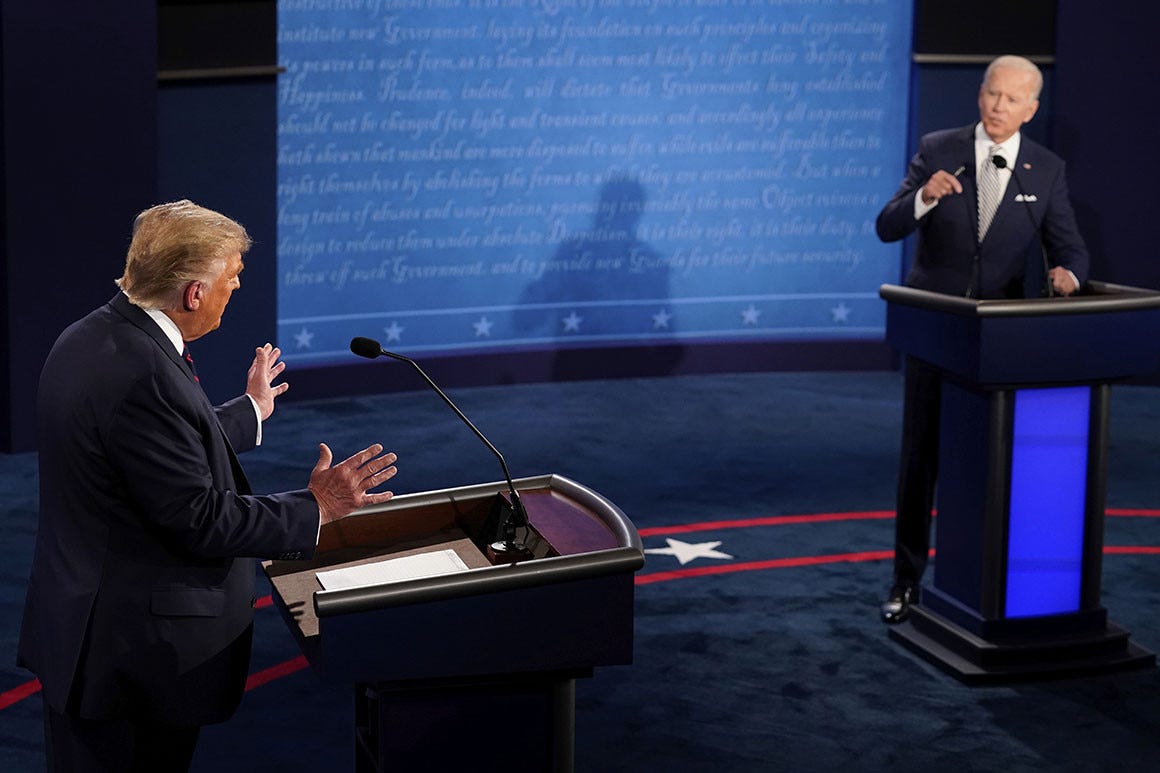Welcome to the ‘Shitshow’ of American Politics
Presidential debate demonstrates a US in precipitous decline
If Asians were looking to the United States as an exemplar of democratic government to counter the authoritarianism of Xi Jinping and his overbearing regime, then the debate on September 29 between President Donald Trump and his Democratic Party challenger Joe Biden was a disheartening disaster, termed by observers the worst debate in American political…
Keep reading with a 7-day free trial
Subscribe to Asia Sentinel to keep reading this post and get 7 days of free access to the full post archives.


